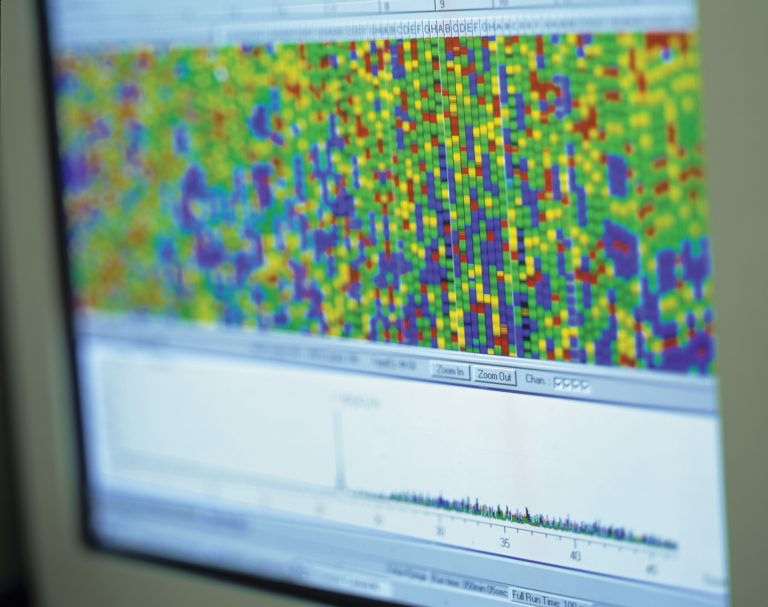
54gene and its collaborators have published their first report on the project to sequence the genomes of 100,000 Nigerians spanning 300 ethnic groups. The Non-Communicable Diseases Genetic Heritage Study (NCD-GHS) led the work, which describes the team’s strategic vision and appears in Nature Genetics this week. This data will be used to more accurately apply precision medicine to African populations.
Founder and CEO of 54gene, Dr. Abasi Ene-Obong, said, “Along with our partners, we are proud to be leading the new frontier of African genomics. Precision medicine goes against the one-size-fits-all approach to disease treatment as it is more inclusive, with people treated on their unique genetic makeup.”
African populations have greater genetic diversity than non-Africans. However, only limited genomics data from Africans are currently available. For example, as of 2021 only 1.1% of genomic data being used for genome-wide association studies (GWAS) came from people of African descent, and these were mostly African-Americans. Not only would greater diversity in sequencing help improve medical care for people of African descent, it also supports broader efforts at understanding the genetics behind health conditions, such as heart disease.
Founded in 2019, 54gene uses genetic data from African populations to improve the development, availability, and efficacy of medical products beneficial to Africans and the wider global population. The company’s non-profit initiative, the African Centre for Translational Genetics (ACTG) is a public-private partnership involving leading African scientists guided by a team of global genomic leaders as the Scientific Advisory Board. The group’s NDC-GHS consortium includes researchers from 54gene, as well as multiple academic institutions in Nigeria and London School of Hygiene and Tropical Medicine.
Aminu Yakubu, NCD-GHS’s VP Research Governance and Ethics, said, “Building on the legacy of the H3Africa project, the capacity building objective of the NCD-GHS in the 100K Genome Project is a strategic undertaking that would catalyze the future we envisage—of Africans with the skillset and knowledge, able to lead genomic insights generation and development to address health challenges faced by Africans over the long haul.”
The paper details the group’s vision and efforts to build a comprehensive catalog of human genetic variation. The team is examining the characteristics of non-communicable diseases (NCDs) in 100,000 adults in Nigeria to better understand the genetic basis of the highly prevalent illnesses such as cancers, diabetes, Alzheimer’s, chronic kidney and sickle cell disease, among others. According to the World Health Organization (WHO), NCDs kill more than 41 million people every year, accounting for 71% of all deaths globally.
The study spans the breadth of the Nigerian population with data gathered from the six geopolitical zones in the country and sampling from the majority of the more than200 ethnolinguistic groups, with ethically consulted participants being recruited falling under two categories: disease cases recruited from disease specialist clinics, and community cases which are individuals with initially unknown diseases recruited from communities through household surveys.
Dr. Segun Fatumo, co-lead of NCD-GHS and the first author of the landmark paper said, “I am so proud of what NCD-GHS has achieved in only about two years. In our own eyes, 100K genomes of Africa are emerging from more than 300 diverse ethnic groups in Nigeria. The current lack of genomic diversity has resulted in significant missed scientific and medical opportunities, but NCD-GHS strategic vision to drive new large-scale studies with rich African genome datasets would help fill some gaps.”











